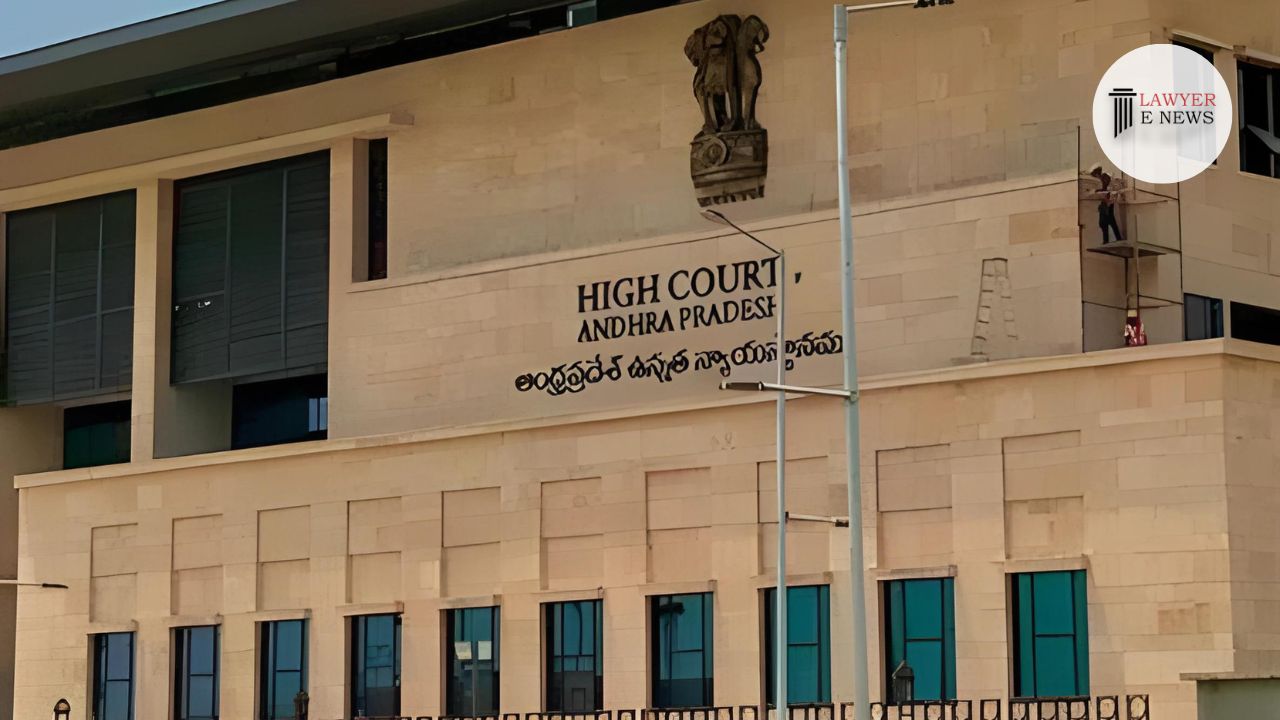-
by Admin
15 February 2026 5:35 AM



In a significant ruling, the Andhra Pradesh High Court on 15th October 2024 set aside an order allowing the prosecution to introduce evidence from an unrelated murder case in the ongoing trial of the accused for the 2017 murder of his mother-in-law. The Court held that such evidence was irrelevant to the charges under trial and would unfairly prejudice the accused by forcing him to defend against allegations from a separate case.
The accused, S. Lokesh Naidu, was on trial for the murder of his mother-in-law, Smt. S. Sarojamma, who was killed on 10th August 2017. During the trial, the prosecution filed a petition to summon the Sub-Inspector who had registered an FIR in a separate case—the 2021 murder of the accused’s wife, Smt. S. Gayatri. Notably, Gayatri was listed as a witness in the first case but had been murdered before her testimony could be recorded.
The prosecution argued that the testimony of the Sub-Inspector who registered the 2021 FIR was necessary to explain Gayatri’s absence and to establish the circumstances leading to her murder. The trial court accepted the prosecution’s petition, prompting the accused to file a revision petition challenging the order.
The key issue was whether the evidence from the second murder case was essential to decide the charges in the first case. The Court ruled that the 2021 murder of Gayatri had no bearing on the 2017 murder trial. Justice Krupa Sagar noted:
"It is beyond comprehension to think that proof of another crime would enable the trial court to reach a just decision in the trial for the former crime."
The Court emphasized that each crime must be tried separately, and introducing evidence from an unrelated case would violate the principles of fair trial.
The Court found that the prosecution’s attempt to introduce the FIR from the second case appeared to be an effort to prove the accused's "bad character," which is prohibited under Sections 53 and 54 of the Indian Evidence Act. These provisions restrict the use of character evidence unless the accused has introduced evidence of good character. Justice Krupa Sagar stated:
"Such effort is against the letter and spirit of Sections 53 and 54 of the Indian Evidence Act."
The Court highlighted that allowing evidence from the second case would prejudice the accused, forcing him to defend against allegations from a separate trial before it had even commenced. This would unfairly burden the defense and compromise the integrity of the trial process.
The High Court set aside the trial court's order, holding that the introduction of irrelevant evidence from a subsequent case was improper and prejudicial to the accused. The Court directed the trial court to dispose of the murder case (S.C. No. 113 of 2018) expeditiously without considering the evidence from the unrelated case.
This ruling reinforces the principle that each criminal trial must focus solely on the charges under consideration, without allowing evidence from unrelated cases to influence the outcome. The judgment underscores the importance of maintaining a fair trial process and safeguarding the rights of the accused.
Date of decision: 15/10/2024
Xxx VS State of Andhra Pradesh
